
Newsroom
“You just need one person who believes in you, supports you, and can be a good mentor for you,” says Applied Data Institute alumna from Indonesia
Jul 14, 2023
5 min read
Originally from Indonesia, Maria Clarissa Fionalita received an undergraduate degree in finance accounting and management before joining Equitech Futures’ inaugural Applied Data Institute in 2022. Having worked in accounting for a few years, she says she realized, “I really liked storytelling with data. Accounting involves organizing transactions and trying to gain insights of what is going on with the company from the financial sense.”
During the COVID-19 pandemic, Maria Clarissa wanted to grow her data skill set. She was accepted into an online computer science course through Stanford University called Code in Place.
“While having coding skills are very useful, and I liked the community, I was looking into different paths that computer science students take. I have always been fascinated by statistics because I read a lot of Freakonomics books. The authors are economists who talk about using statistical tools to solve social problems, and this inspired me.”
Through Stanford’s Code in Place, Maria Clarissa heard about Equitech Futures from a classmate. “I found Equitech to offer a really welcoming introduction to data science, including for people who are not from very strong quantitative backgrounds,” she says. “Abhilash Mishra really helped me to think like a data scientist. Through applications of Artificial Intelligence (AI), he invited us to consider what it is we are trying to predict. This mindset really helped me.”
“Bhasi Nair really pushed everyone to be excellent in his data science. He really helped me to explore Natural Language Processing (NLP), what I can do with it, and how to get my hands dirty with coding. This is what helped shape my current research and why I decided to do my Master’s program.”
Maria Clarissa mentions that the coursework in communications had broad applicability. “I’d never had a speaking class before, and it’s very important to know how to present in a virtual space. In college, I presented in front of the class with a projector. Over Zoom, it’s totally different. Being mindful of the limitations of the box and the tools available to me to deliver my message, I found the Speaking Lab taught by Thomas Murray to be very useful since I’d never thought about it before. In my graduate studies, I present a lot on Zoom so it’s important to know how.”
“The Writing Lab with Krittika Bhattacharjee had a huge impact. She taught me about how to make logical arguments flow better, eliminate redundancies, and present things to a wider audience. I learned how to clearly communicate to people what I’m doing and why they should care. I’ve also learned that the continuing mentorship and support Equitech Futures gives its alumni are almost more valuable than the classes!”

Upon completing the program, Maria Clarissa was inspired to attend graduate school at the University of Chicago, where she currently studies for her masters in applied data science. “If I hadn’t completed the Applied Data Institute, I probably wouldn’t be here in Chicago doing what I’m doing now,” she says.
Her graduate research focuses on generating medical reports using large language models (LLM). “What helped me shape my research is Abhilash’s principle that ‘We don’t need to reinvent the wheel or create new tools. We can use existing data science tools out there to solve real world problems,’ and I keep that advice close to my heart. I’m not trying to create a new model. I want to pick a compelling problem, and I want to solve it using what’s already out there. My hope is to solve business problems using AI. For example, this capstone research will be helpful to doctors to improve patient service. Right now, the sentiment in the news is the negative side of AI, but I want to continue to find new ways to use AI to benefit people in the workplace.”
When asked about advice to those interested in the path of data science for social change, Maria Clarissa says, “Don’t give up, because for me, even though something seems impossible or seems like a big jump, even if people are doubting you or rejecting you, if you really believe that you can do something, then do it. You just need one person who believes in you, supports you, and can be a good mentor for you, and that’s all that matters. I’m proud of where I am now.”

More articles
.webp)
Newsroom
No Innovator Left Behind: How Equitech Futures uses philanthropic capital to maximize impact

Newsroom


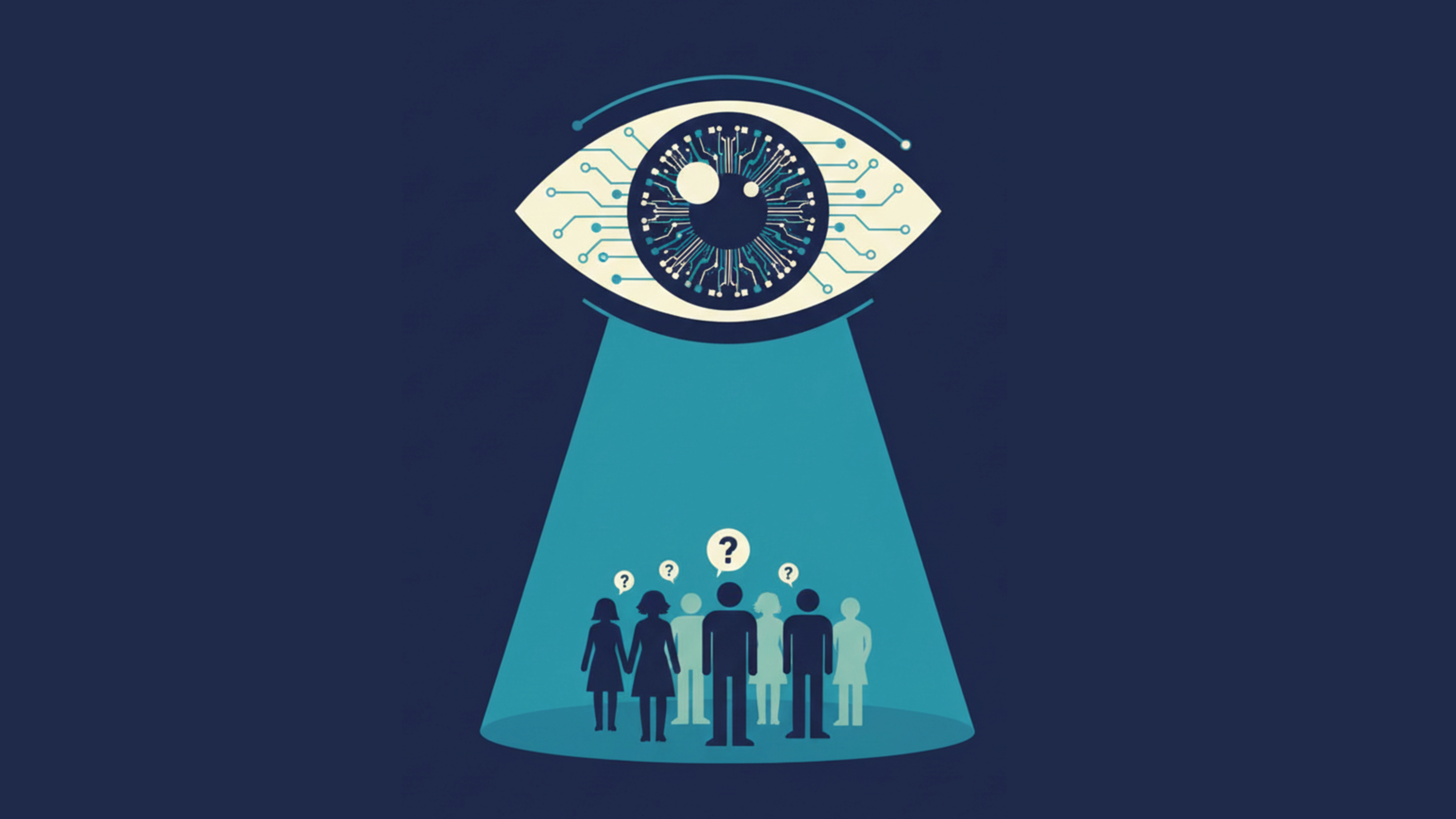
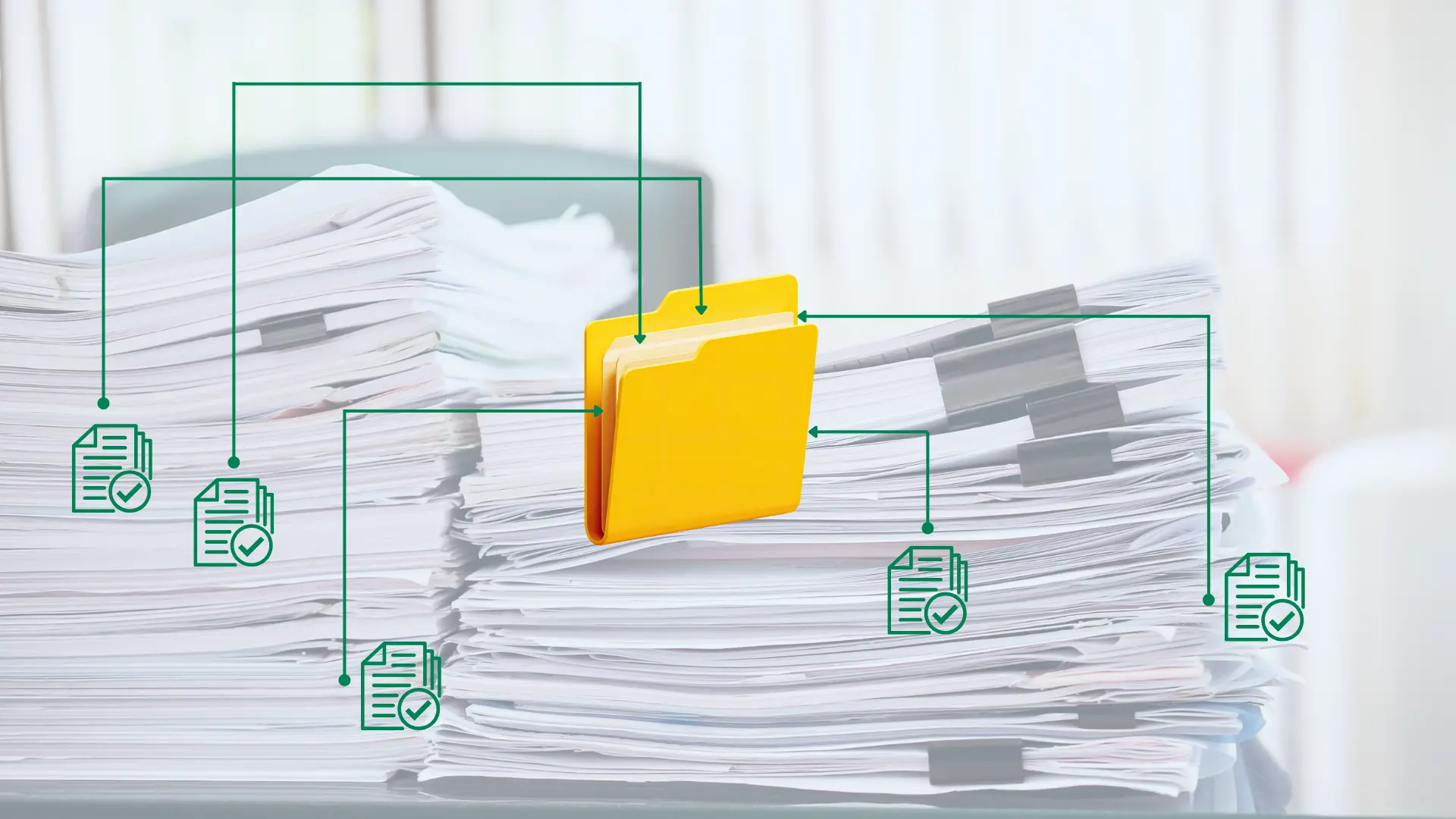
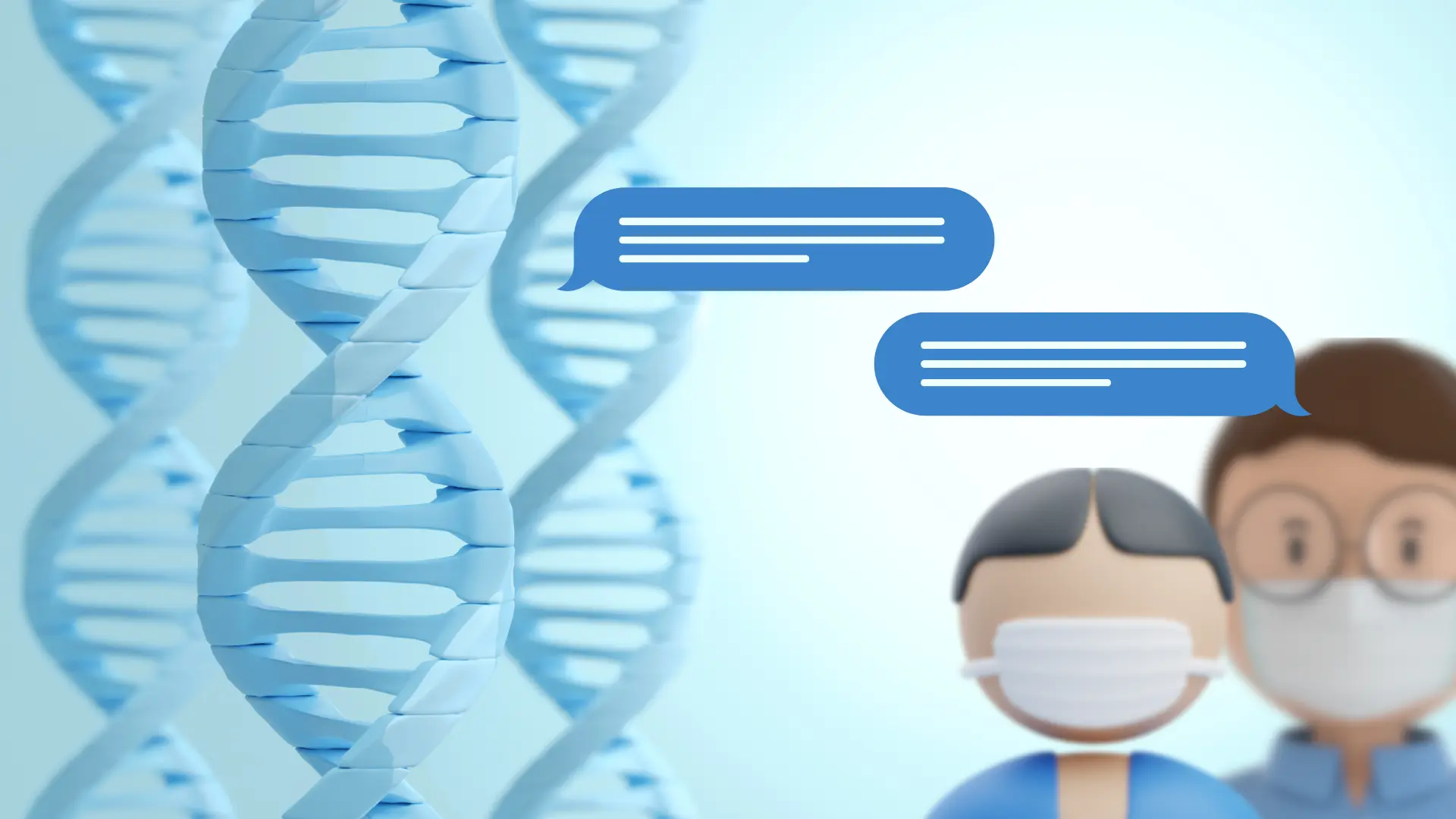

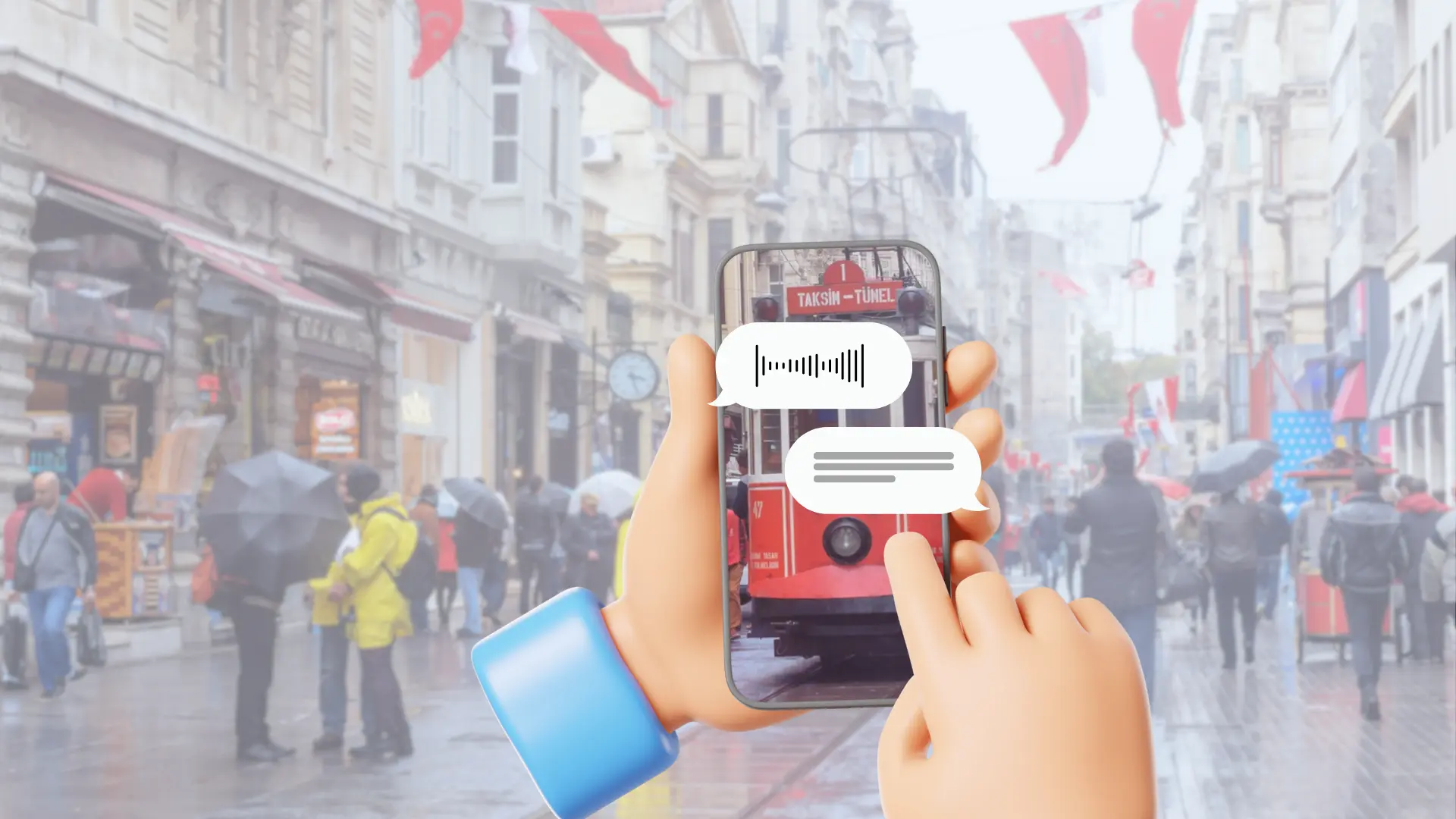
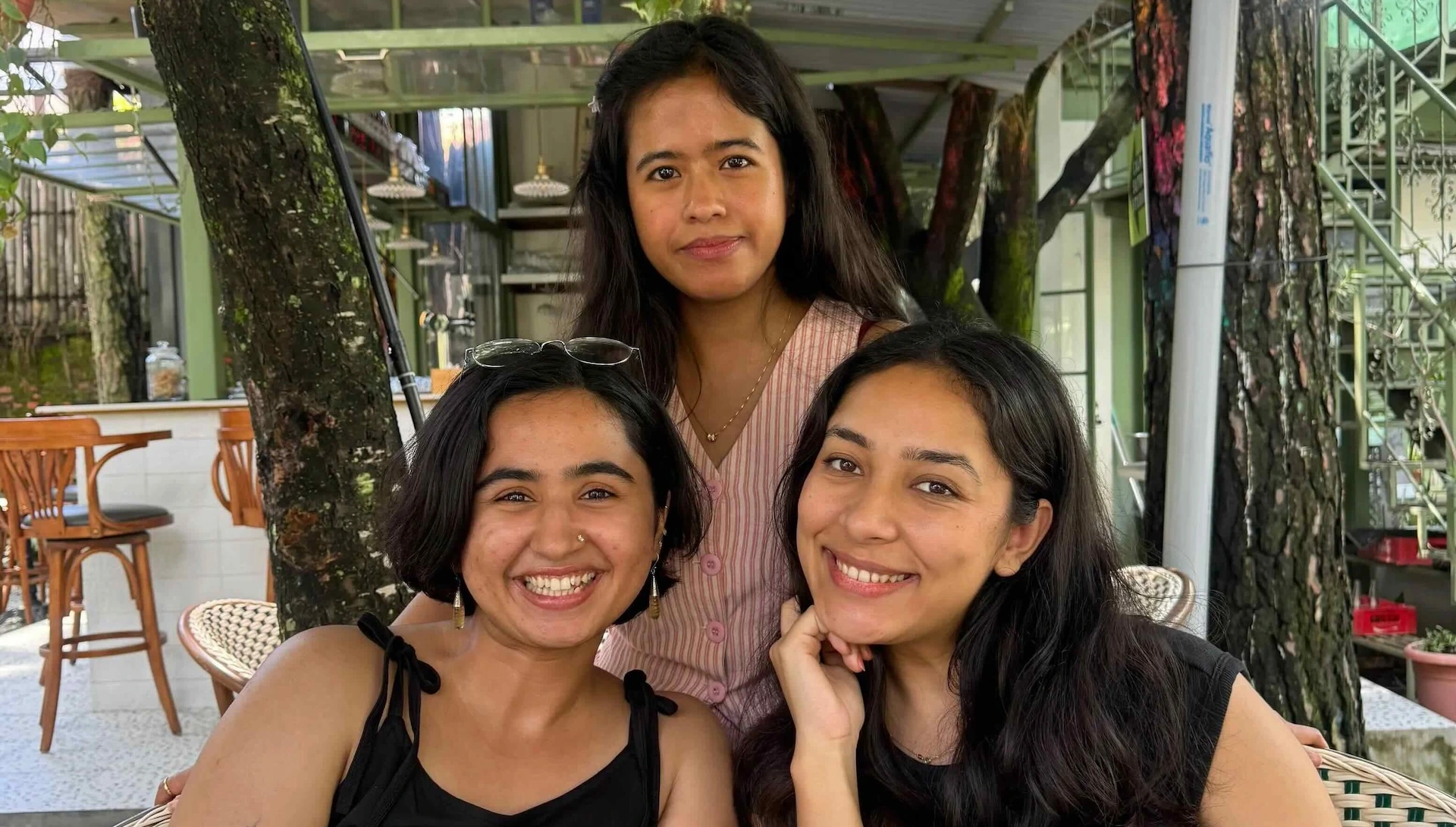
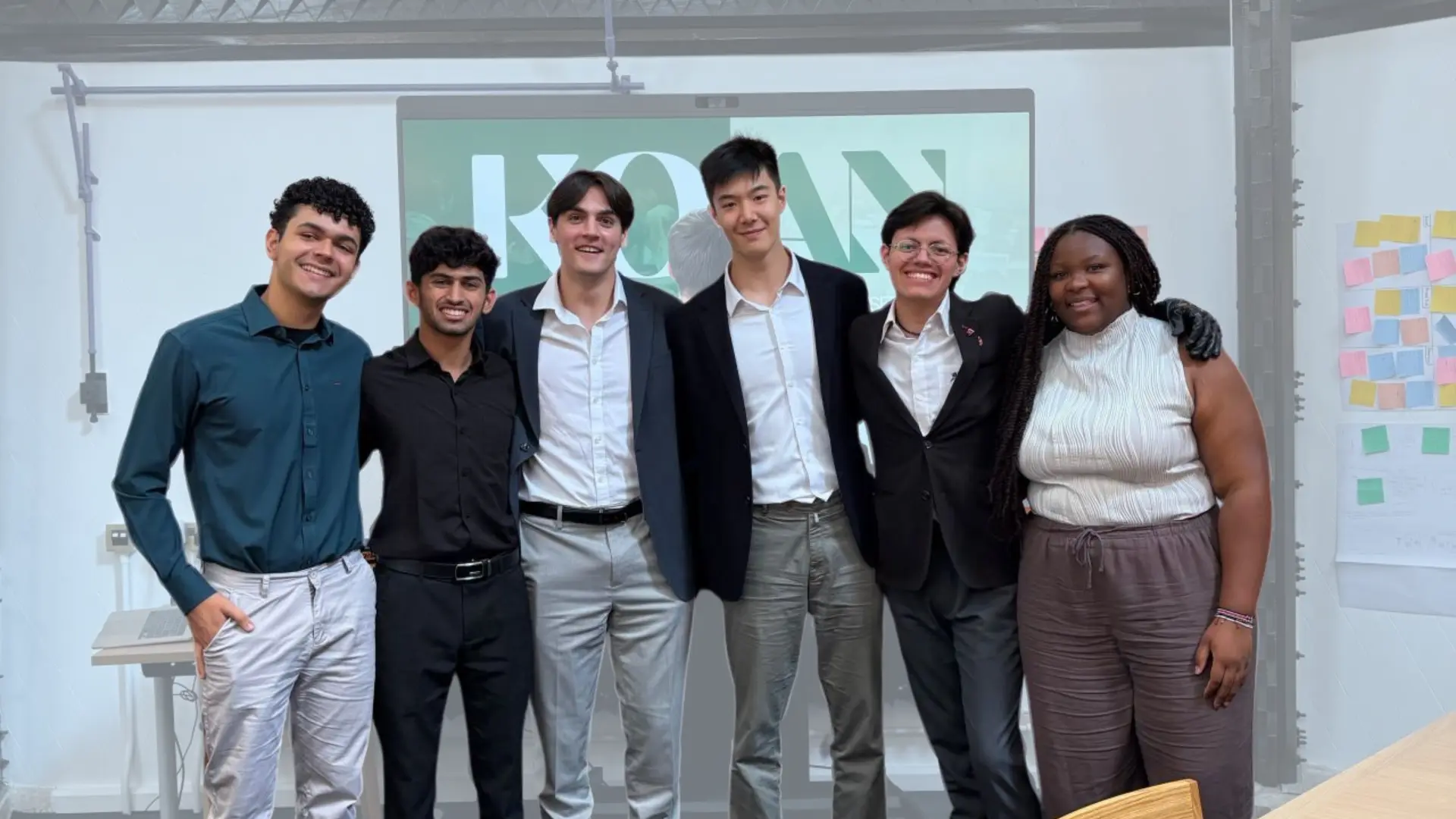
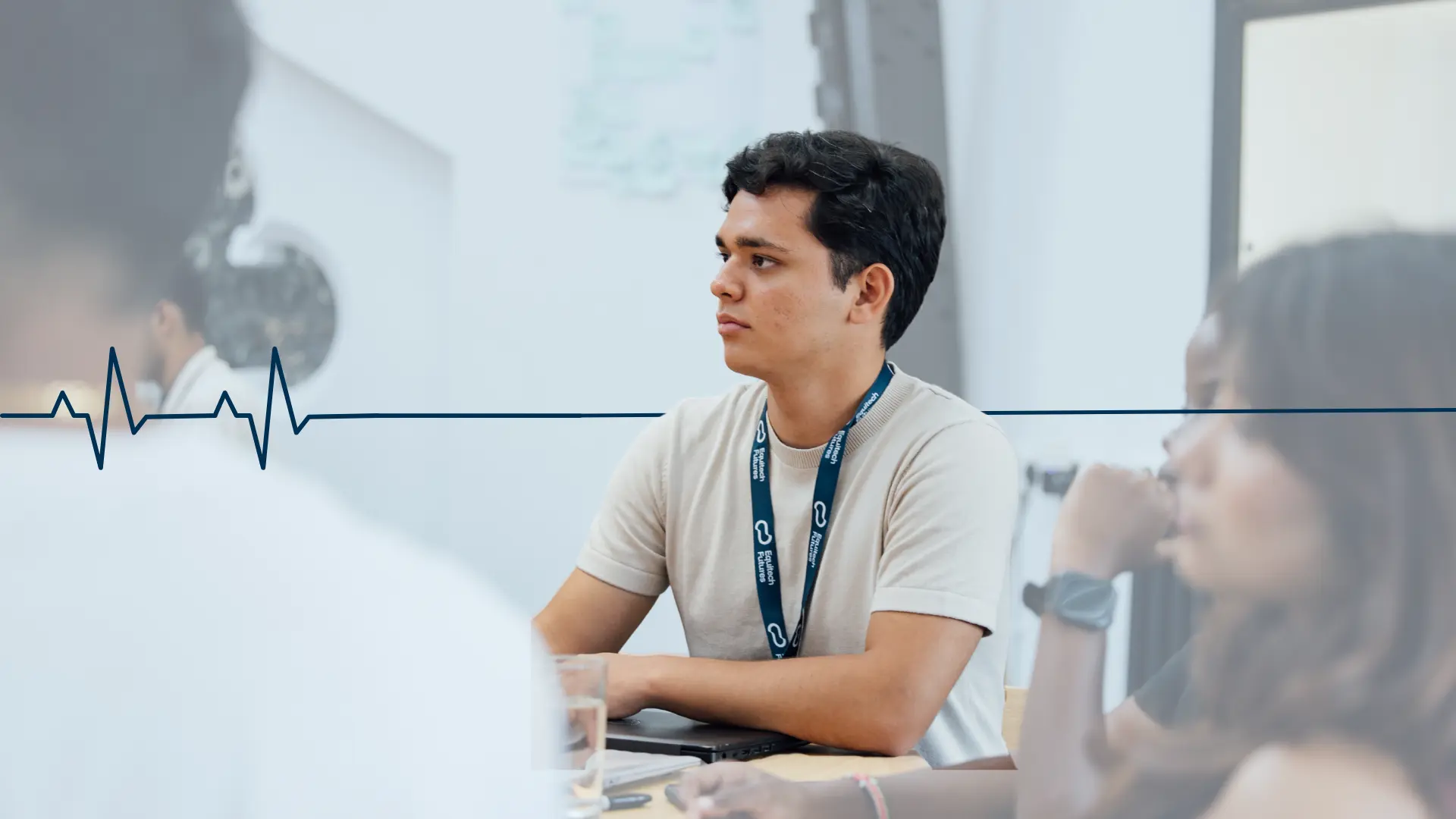

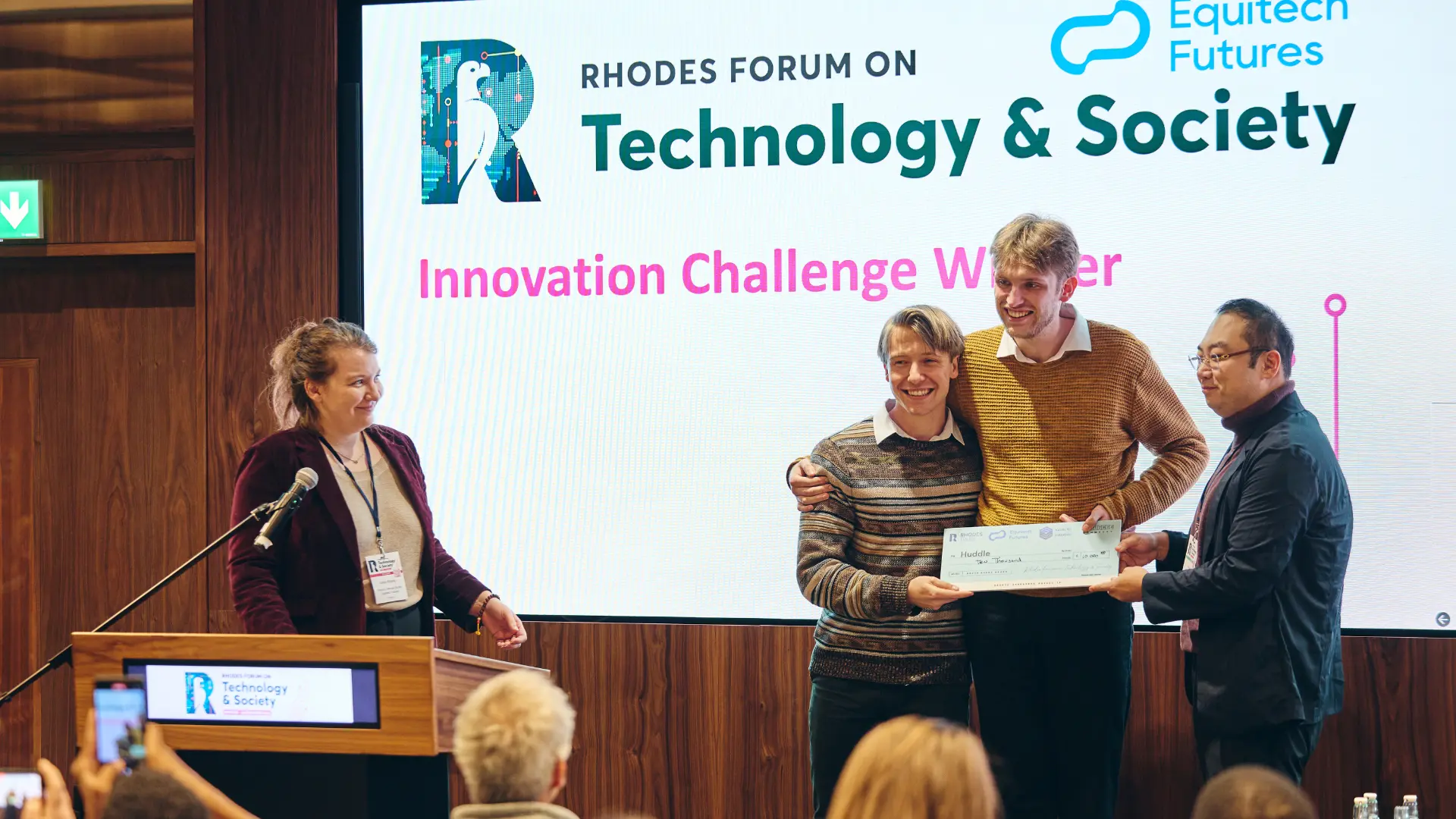







.webp)



.webp)


.webp)









.webp)















.webp)

.webp)


.webp)


.webp)






.webp)



